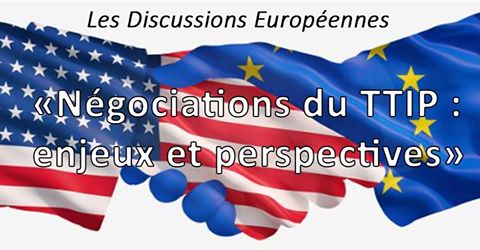Dangerous side effects: The public health impacts of investor-state dispute settlement
Date
Section
Event Location
Event Description
This panel debate (13:30-15:30) will explore how investor-state dispute settlement mechanisms (ISDS) within investment and trade agreements can have a potentially harmful impact on access to medicines and tobacco control measures. The panel debate will also cover how to ensure that European Union trade and investment policies pursued in current and future free trade agreements do not undermine legitimate public health measures in negotiating partner countries. ISDS cases have shown that a government’s ability to make and maintain strong laws to protect public health and the environment is under threat. ISDS clauses in free trade and investment agreements have resulted in measures protecting the public interest being challenged in secretive, offshore tribunals where national laws have no weight and politicians have no powers to intervene. Among the record-breaking 514 cases corporations have brought against sovereign governments by the end of 2012, notable examples include the international tobacco giant Philip Morris suing the governments of Uruguay and Australia for introducing plain cigarette packaging. This debate is especially relevant in light of current negotiations between the EU and the US, Thailand and India, as well as the recently agreed FTA with Canada, the first ever EU FTA to include an investment chapter. This event is hosted by Linda McAvan (S&D) and Carl Schlyter (Greens) Organised in cooperation with: Seattle to Brussels Network (S2B), MSF Access Campaign, European Public Health Alliance Please use the following link to register: http://my.epha.org/civicrm/event/info?id=178&reset=1
Related Events
• Reform of CEAS
• External dimension of crisis management
• Asylum-seekers with special needs
Language: English
Organiser: Dr Karine Caunes (ERA)
Event number: 417R05
Objective
Oceans cover more than two-thirds of our planet. They are rich in resources and provide people with food, energy, and a stable climate.
60 Years after the signing of the Rome Treaty, Europe is not a pretty sight. The UK is leaving after a guest performance of 44 years; populism and Euroscepticism prevail in many Member States; the days of an ‘ever closer union’ seem to be numbered.
This year’s seminar builds on the 2016 ISC science-for-development seminar, which helped to advance the agenda for Europe-Africa cooperation, especially in the science field.
To find out more, please visit http://www.socialistsanddemocrats.eu/withafrica
An analysis presented by academic experts from the United States of America
HOW CAN EUROPE LEAD ON FINDING A SUSTAINABLE SOLUTION FOR SYRIA?
A DISCUSSION WITH SYRIAN CIVIL SOCIETY
Title: Success in EU Negotiations: The Key Skills for Shaping EU Decisions in Commission Committees and Council Bodies, EIPA
Join the European Movement to debate the latest developments in Pola
SAVE THE DATE!
Brussels 08/01/2016




























